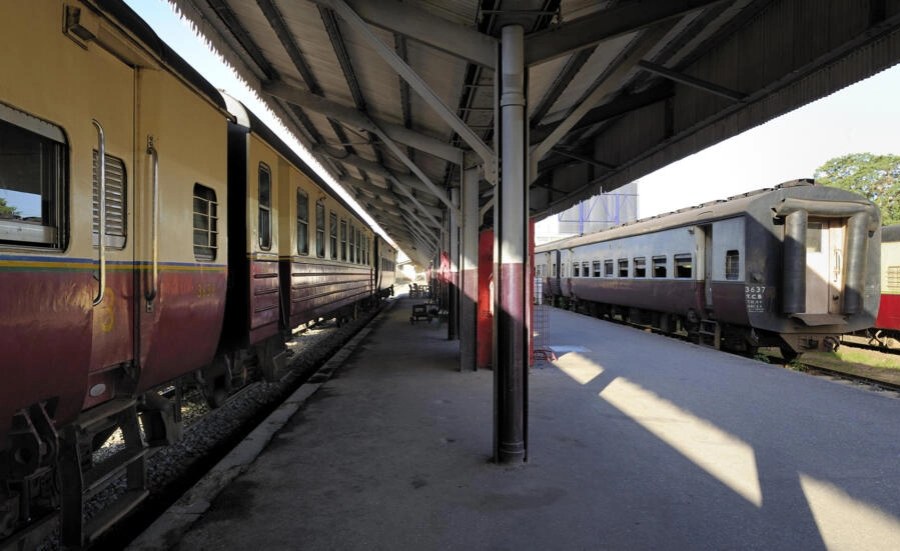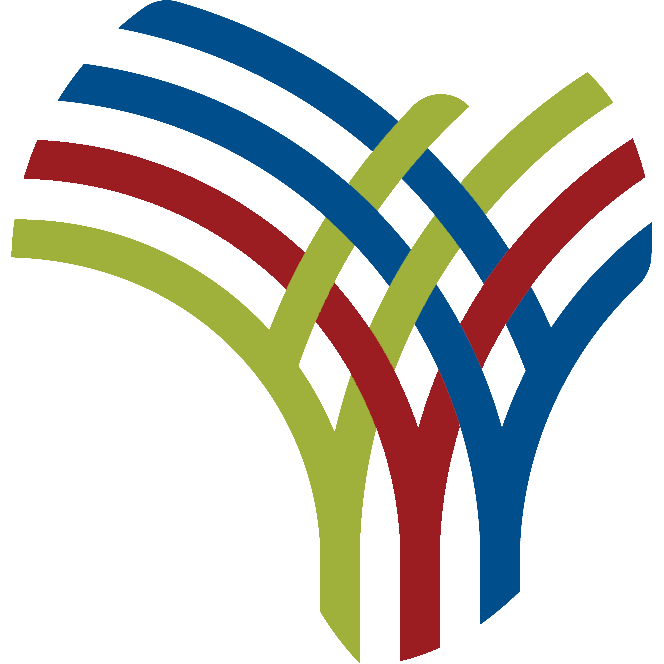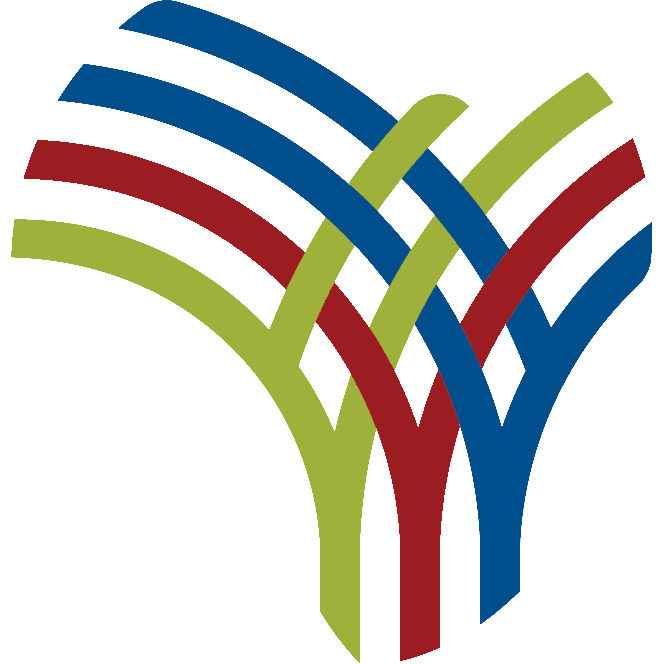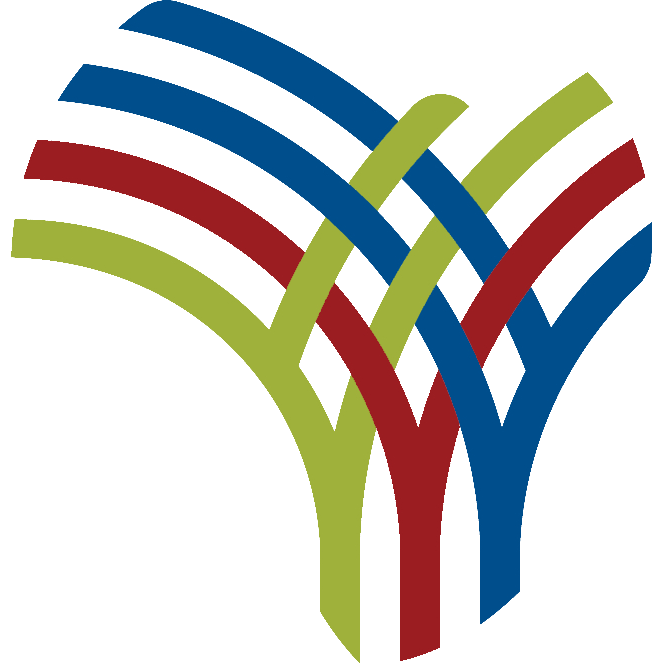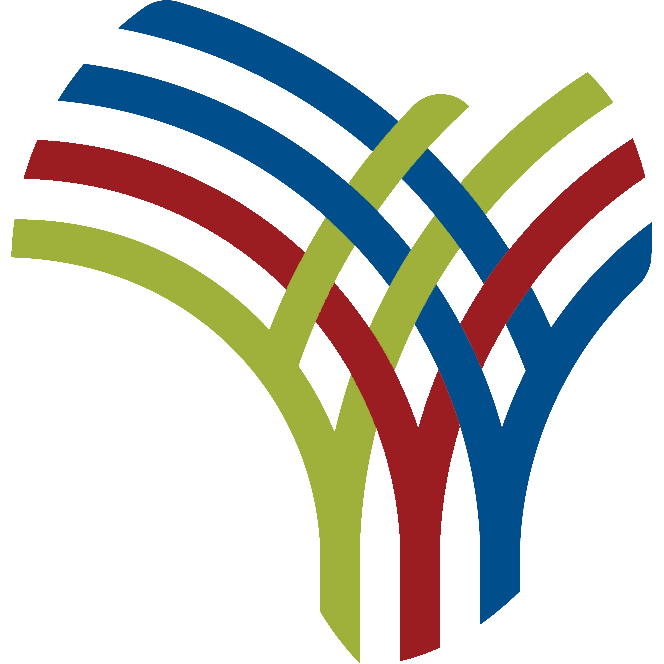Tanzania’s President Samia Suluhu fires foreign, information ministers
Tanzania’s President Samia Suluhu Hassan has fired two senior members of government including the foreign minister in a mini-cabinet reshuffle, her office said.
The changes came as Hassan seeks to regain trust from foreign powers over a programme of economic and political reforms, including easing restrictions on opposition parties and media, that some critics had seen as faltering.
The presidency announced late on Sunday, July 21, that Hassan terminated the appointments of the minister of foreign affairs and East Africa cooperation, January Makamba, and the minister of information, communication and information technology, Nape Nnauye.
They are influential figures in the ruling party, Chama cha Mapinduzi (CCM).
No reason was given for their removal. Makamba and Nnauye did not immediately respond to requests for comment.
Read: Samia replaces TRA chief amid diplomats, traders tax complaints
The dismissal of Nnauye comes a week after comments he made surfaced in a video, saying elections results would depend on who counts votes and announces the results.
Nnauye later apologised, saying it was a joke, but activists and some social media users said the statement undermined Hassan’s push to improve democracy.
Also read: Will sacked minister Nnauye join rebellion in CCM?
Hassan appointed Mahmoud Thabit Kombo as new foreign affairs minister and Jerry Silaa as minister of information, communication and information technology.
Before Kombo’s appointment, he was Tanzania’s ambassador to Italy while Silaa was the minister of lands, housing and human settlements development. Two more ministers and deputy ministers were also appointed, the presidency said.
In power since 2021, Hassan’s government has won praise for rolling back her predecessor’s crackdowns on the opposition and civil rights groups. But arrests last year of a lawyer and an opposition politician have raised questions over her government’s human rights record.



